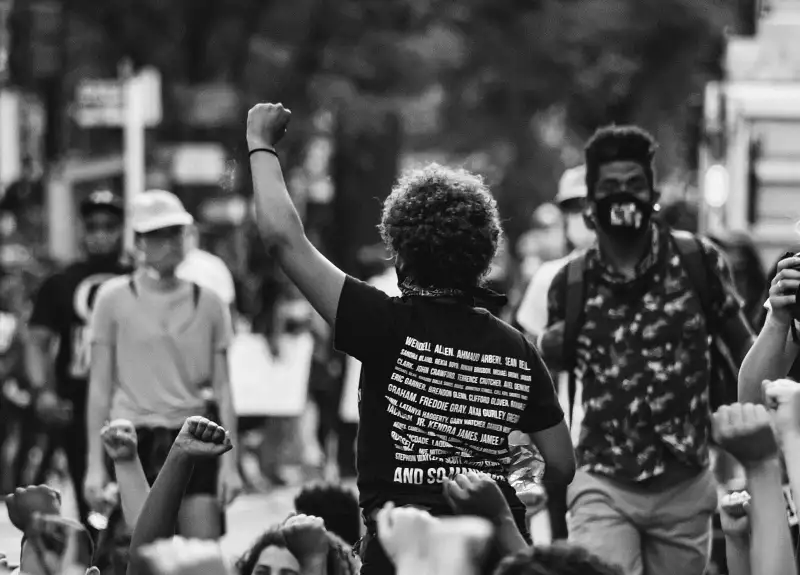Riots are complex social phenomena that have occurred throughout history, often resulting in widespread violence, destruction, and social unrest. Understanding the causes of riots is crucial for sociologists and policymakers to address the underlying issues and work towards preventing future outbreaks. This article aims to outline and explain some of the key causes of riots from a sociological perspective.
Social Inequality and Marginalization
One of the primary causes of riots is social inequality and marginalization. When certain groups or communities feel excluded from mainstream society and denied equal access to resources, opportunities, and social mobility, it can lead to frustration, anger, and a sense of injustice. These feelings can manifest in protests that escalate into riots as a way for marginalized groups to express their discontent and demand change.
Factors such as economic disparities, discrimination based on race, ethnicity, or religion, and unequal distribution of power can exacerbate social inequality and contribute to the likelihood of riots. Societal divisions and a lack of social cohesion further fuel the grievances that lead to rioting.
Political Oppression and Repression
Political oppression and repression are another significant cause of riots. When governments use authoritarian tactics, suppress dissent, and deny citizens their basic rights and freedoms, it can create a fertile ground for social unrest. In such situations, riots often serve as a form of resistance against oppressive regimes and a means for citizens to reclaim their agency.
Instances of police brutality, censorship, electoral fraud, and lack of transparency in governance can all contribute to the build-up of societal tensions that eventually erupt into riots. The inability of individuals and communities to voice their concerns and participate in decision-making processes can lead to a sense of powerlessness, prompting them to take to the streets in protest.
Economic Factors and Unemployment
Economic factors, particularly high unemployment rates and economic instability, are frequently associated with the outbreak of riots. When individuals and communities face financial hardships, struggle to secure decent employment, and experience a decline in their standard of living, it can create a volatile environment.
Unemployment not only leads to economic deprivation but also erodes individuals’ sense of self-worth and belonging within society. The frustration and despair resulting from these circumstances can fuel collective action, including riots, as a means of expressing discontent and demanding economic justice.
Perceived Injustice and Police Brutality
Perceived injustice, often stemming from instances of police brutality or misconduct, can be a catalyst for riots. When marginalized communities experience systemic discrimination, racial profiling, or excessive use of force by law enforcement, it can ignite a sense of outrage and ignite protests that can escalate into riots.
High-profile cases of police violence, particularly when they result in the death or injury of unarmed individuals, can spark widespread anger and mobilize communities to take to the streets. The demand for justice and accountability becomes a central rallying point, and if left unaddressed, can lead to prolonged periods of civil unrest.
Social Movements and Mobilization
Social movements and mobilization play a crucial role in the occurrence of riots. When individuals and groups with shared grievances come together to advocate for change, it can create a powerful force that challenges the status quo. Riots often emerge as a manifestation of this collective action, representing the frustration and determination of those seeking social transformation.
Successful social movements require effective organization, strong leadership, and a clear articulation of demands. However, when peaceful methods of protest are met with resistance or ignored, riots may become a strategy of last resort for marginalized groups to draw attention to their cause and force authorities to address their concerns.
Conclusion
Riots are complex social phenomena that arise from a combination of factors, including social inequality, political oppression, economic hardships, perceived injustice, and social mobilization. Understanding these causes is essential for addressing the root issues and working towards a more just and inclusive society.
Sociologists, policymakers, and communities must collaborate to address the underlying grievances and provide avenues for peaceful expression and resolution. By addressing the root causes of riots, societies can strive towards creating a more equitable and harmonious future.





